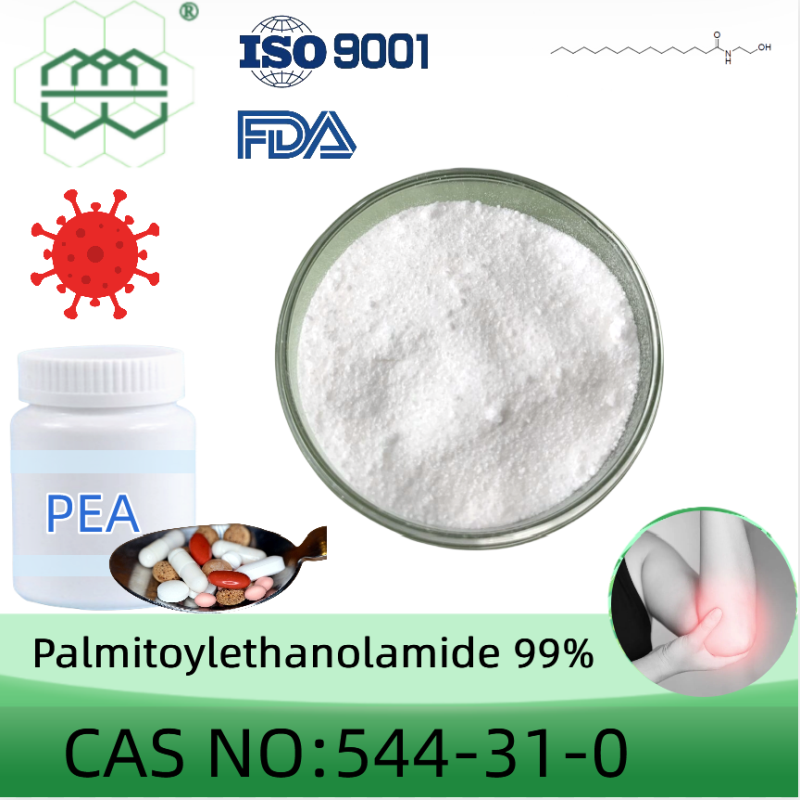-
Categories
-
Pharmaceutical Intermediates
-
Active Pharmaceutical Ingredients
-
Food Additives
- Industrial Coatings
- Agrochemicals
- Dyes and Pigments
- Surfactant
- Flavors and Fragrances
- Chemical Reagents
- Catalyst and Auxiliary
- Natural Products
- Inorganic Chemistry
-
Organic Chemistry
-
Biochemical Engineering
- Analytical Chemistry
-
Cosmetic Ingredient
- Water Treatment Chemical
-
Pharmaceutical Intermediates
Promotion
ECHEMI Mall
Wholesale
Weekly Price
Exhibition
News
-
Trade Service
Original title: Research shows that low-sodium interventions can significantly prevent cardiovascular disease
A new modeling study published in the
British Journal of
Medicine
(BMJ) shows that nearly half a million people die each year from cardiovascular disease in
China
using low-sodium, high-potassium substitute salts(i.
e., low-sodium salts
) as a national intervention.
The modeling study found that replacing regular salts with low-sodium salts effectively lowers blood pressure, preventing about 460,000 cardiovascular disease (CVD)-related deaths each year, including 208,000 stroke-related deaths and 175,000 heart-related deaths.
The model estimates that the intervention could also prevent about 743,000 non-fatal cardiovascular diseases per year, including 365,000 strokes and 147,000 heart attacks, and reduce chronic kidney disease (CKD) by about 120,000, or nearly 7 percent, in new cases each year.
Dr. Jason Wu, lead author of the study and director of the Nutrition Science Program at the George Institute for Global Health, said replacing regular salts with low-sodium salts not only reduces sodium intake, effectively lowers blood pressure, but also increases potassium intake. "In China, potassium intake is low, while sodium intake is much higher than recommended, and sodium intake comes mainly from salt in the home cooking diet," he said. It
that the George Global Health Institute was established in Australia in 1999 and is affiliated with the University of New South Wales in Sydney to promote global health practices and policies. The Institute has offices in China, India and the United Kingdom, and the George Institute of Global Health (China) was established in 2007 and is affiliated with the Department of Medicine of Peking University.
" In 2015, there were more than 2 million deaths from hypertension in China, so the use of low-sodium salt interventions to lower blood pressure and reduce the incidence of associated diseases such as cardiovascular disease and chronic kidneys has much to offer in China. Our results suggest that nationwide interventions in China to encourage the use of low-sodium salts can prevent nearly one in nine deaths from cardiovascular disease. Jason Wu said.
part of this study is to focus on the potential benefits of lower blood pressure, but also on the possible risks to patients with chronic kidney disease due to increased potassium intake. Dr. Matti Marklund, lead author of the paper and a senior fellow at the George Institute for Global Health, said that in China, most people with chronic kidney disease are unaware that they are already sick, so it's important to focus on the potential risks to the chronic kidney population of potassium intake.
our modelling shows that the benefits of such interventions outs come far more than harm to the population as a whole," he said. In fact, even for individuals with chronic kidney disease, the benefits are considerable.
In about 17.2 million people with chronic kidney disease, lower blood pressure from interventions can prevent about 32,000 deaths from cardiovascular disease, but increased potassium intake and higher blood potassium levels could lead to an additional 11,000 cardiovascular-related deaths, with a net effect estimated at 21,000 deaths.
" study of patients with chronic kidney disease shows that encouraging patients to avoid low sodium salts in national interventions does more harm than good overall, as patients lose the benefits of lowering blood pressure. Other assessment programmes should be adopted for patients with chronic kidney disease, such as enhanced screening for chronic kidney disease and close monitoring of blood potassium levels in patients with chronic kidney disease to minimize potential risks. Dr. Marklund added.
too much salt can lead to higher blood pressure, which is the biggest cause of premature death from stroke or heart disease. Worldwide, excessive salt intake is expected to cause about three million deaths a year.
, sodium intake in China is more than twice the World Health Organization's recommended limit, and nearly half of 35-75-year-olds Chinese high blood pressure. Almost 30 Chinese of all strokes under the age of 70 can be attributed to excessive sodium intake.
most Western countries, the largest source of sodium in Chinese diets is freely added salt, which is added to home cooking diets, which accounts for about two-thirds of sodium intake.
Marklund said: "Our study shows that replacing regular salt with low-sodium salt in home cooking nationwide can significantly reduce the burden of cardiovascular disease in China. "
related paper information:
.







